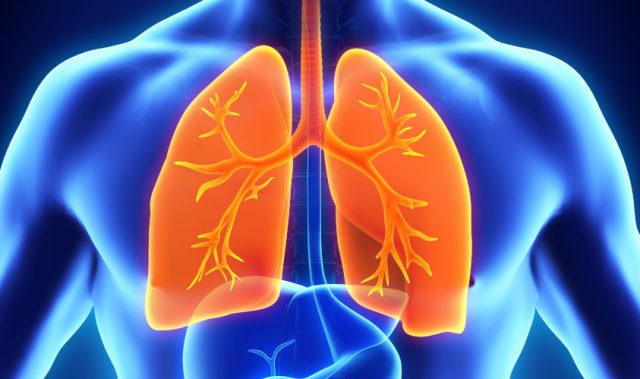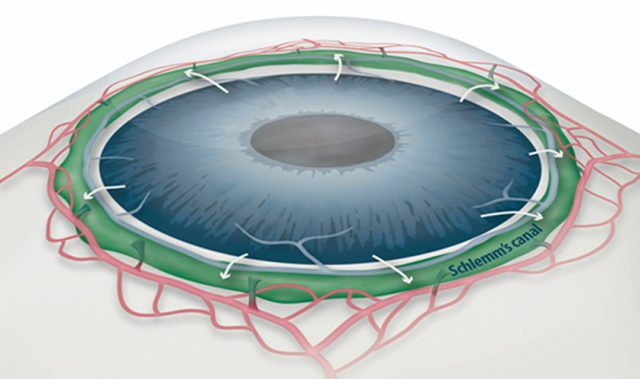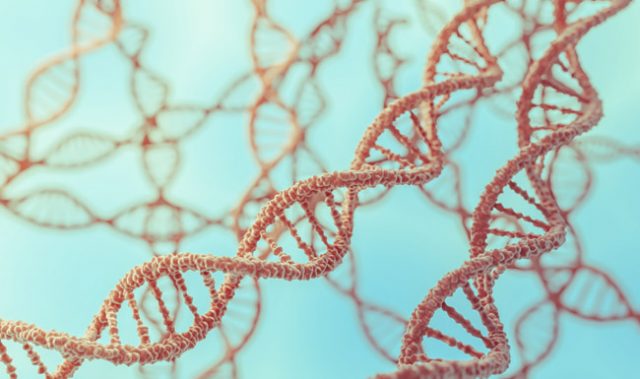
AsianScientist (Mar. 31, 2017) – By modifying the transfer RNA that binds to lysine, researchers have developed mice that can incorporate unnatural amino acids, giving them the ability to control post-translational modifications. These findings, which in effect expand the genetic code of mice, have been published in Nature Communications.
Almost all human proteins are known to undergo various post-translational modifications during and after synthesis. Post-translation modifications regulate the function of cellular proteins, playing a key role in many essential processes such as delivering signals and body growth. However, unusual protein modifications triggered by genetic or environmental factors can cause severe disease including cancer, dementia and diabetes.
A team of researchers led by Professor Park Hee-Sung from the Korea Advanced Institute of Science and Technology (KAIST) has now developed a strain of mice that has an expanded genetic code, allowing site-specific incorporation of unnatural amino acids.
In collaboration with Professor Park Chan Bae of the Ajou University School of Medicine, Park Hee-Sung and his team developed a method to control the time and location of protein acetylation in various organs in transgenic mice. To control the addition of the unnatural amino acids, the researchers inserted a modified version of lysine, which allowed for the control of the acetylation.
Their approach enables the rapid and position-specific acetylation of a target protein at any developmental stage, facilitating temporal and spatial control of protein acetylation in various organs. Such temporal and spatial control of protein acetylation could help researchers understand many essential biological processes and human diseases at the tissue and organism level.
The team was also able to regulate the acetylation of specific temporal and spatial frames in the mice, restricting the expression of the transgenic proteins to certain organs such as the liver and kidneys. The research team said the strategy will provide a powerful tool for systematic in vivo study of cellular proteins in the most commonly used mammalian model organisms for human physiology and disease.
“This method can be easily extended to generate a wide range of custom-made transgenic mouse strains for further investigating diverse proteins of interest,” Park Hee-Sung said.
“Furthermore, this method can be extended to generate a wide range of custom-made transgenic mouse strains, opening a new paradigm for investigating anti-cancer and cerebral disease treatments.”
The article can be found at: Han et al. (2017) Expanding the Genetic Code of Mus Musculus.
———
Source: Korea Advanced Institute of Science and Technology; Photo: Pixabay.
Disclaimer: This article does not necessarily reflect the views of AsianScientist or its staff.












